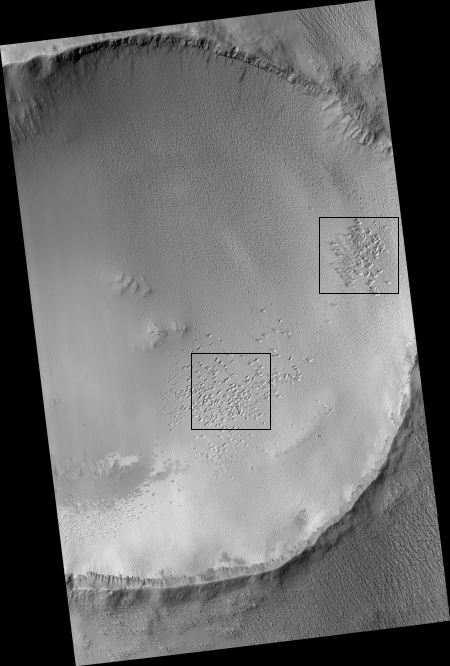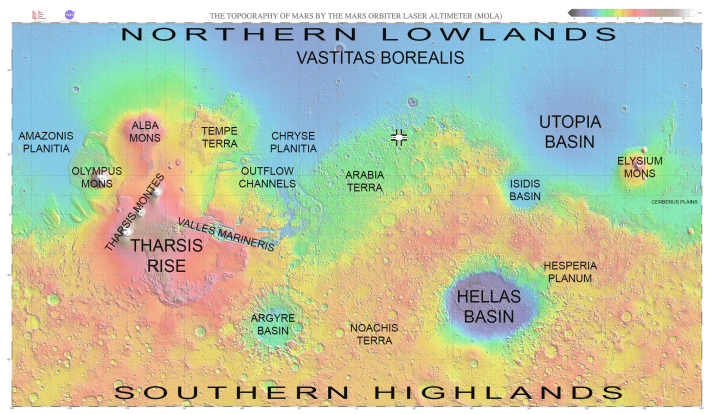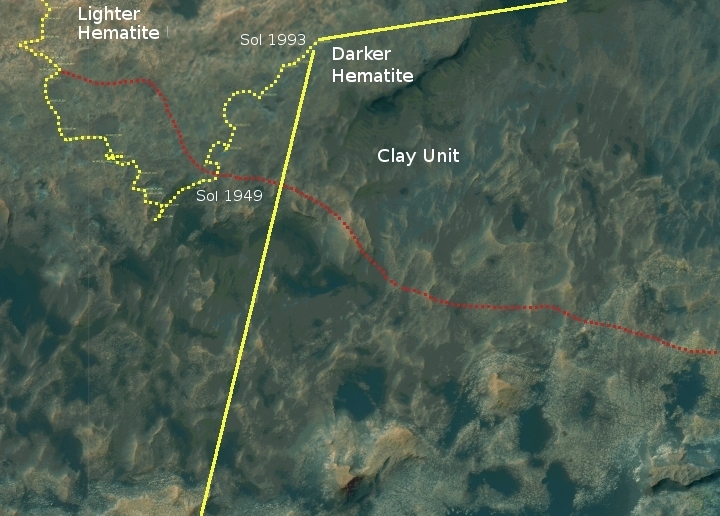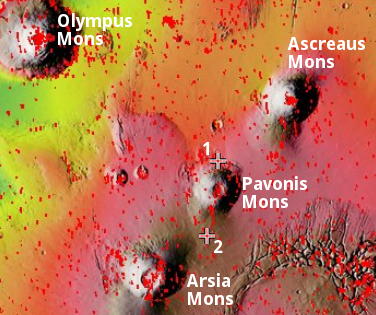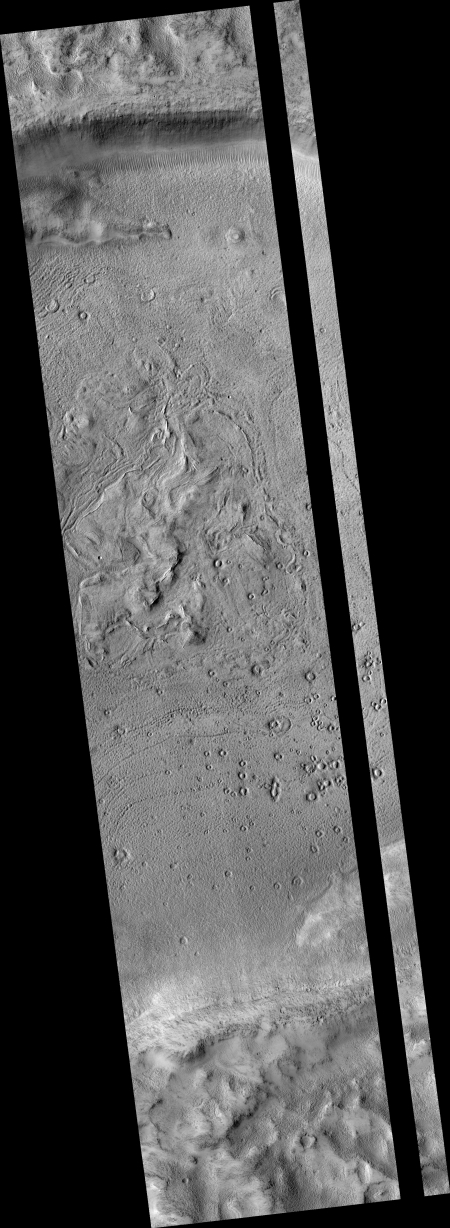Issue with thermometers on Parker Solar Probe
As NASA prepares the Parker Solar Probe for its summer launch, engineers are reviewing an issue with the spacecraft’s thermometers.
As those preparations continue, officials are studying problems with devices known as platinum resistance thermometers that are part of the spacecraft’s thermal control system. Those devices have suffered a higher-than-expected failure rate, according to a presentation at an April 5 meeting of NASA’s Heliophysics Advisory Committee.
The thermometers are lightweight, highly sensitive temperature sensors used to help provide feedback to the spacecraft’s cooling system and solar arrays, NASA spokesman Dwayne Brown said April 9. “We put all spacecraft through a rigorous test program to make sure all systems are working as designed and it is normal for a test program to uncover issues.”
“The team is looking very carefully at whether any change is needed,” Peg Luce, acting director of NASA’s heliophysics division, said at the meeting. The issue, she said, was debated “quite significantly” at a review last week to approve the shipment of the spacecraft to Florida, including whether to delay that shipment to study the problem. “There are certain, possible fixes if we need to fix something that could be done at the Cape, so the decision was to go ahead and ship,” she said.
This issue is especially critical as the spacecraft is intended to fly as close as four million miles from the Sun. If these thermometers fail too easily, the spacecraft will not be able to monitor its temperature properly, and it will likely fail much sooner than planned.
As NASA prepares the Parker Solar Probe for its summer launch, engineers are reviewing an issue with the spacecraft’s thermometers.
As those preparations continue, officials are studying problems with devices known as platinum resistance thermometers that are part of the spacecraft’s thermal control system. Those devices have suffered a higher-than-expected failure rate, according to a presentation at an April 5 meeting of NASA’s Heliophysics Advisory Committee.
The thermometers are lightweight, highly sensitive temperature sensors used to help provide feedback to the spacecraft’s cooling system and solar arrays, NASA spokesman Dwayne Brown said April 9. “We put all spacecraft through a rigorous test program to make sure all systems are working as designed and it is normal for a test program to uncover issues.”
“The team is looking very carefully at whether any change is needed,” Peg Luce, acting director of NASA’s heliophysics division, said at the meeting. The issue, she said, was debated “quite significantly” at a review last week to approve the shipment of the spacecraft to Florida, including whether to delay that shipment to study the problem. “There are certain, possible fixes if we need to fix something that could be done at the Cape, so the decision was to go ahead and ship,” she said.
This issue is especially critical as the spacecraft is intended to fly as close as four million miles from the Sun. If these thermometers fail too easily, the spacecraft will not be able to monitor its temperature properly, and it will likely fail much sooner than planned.


